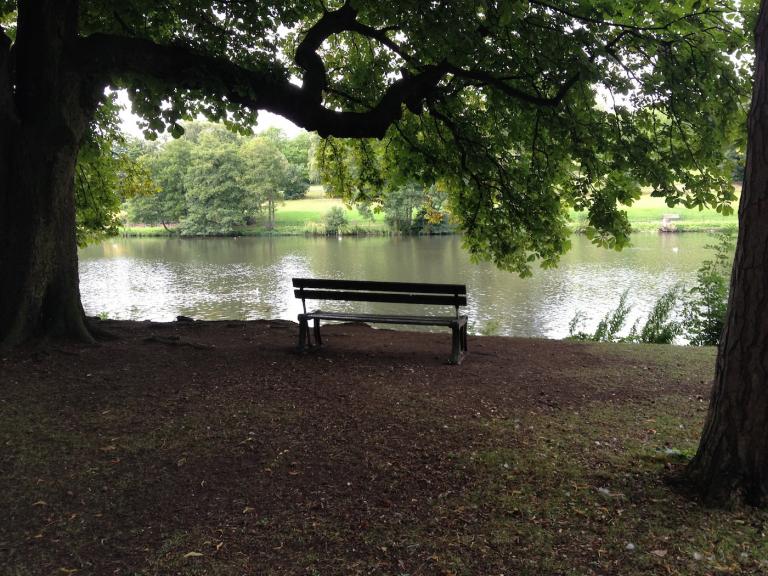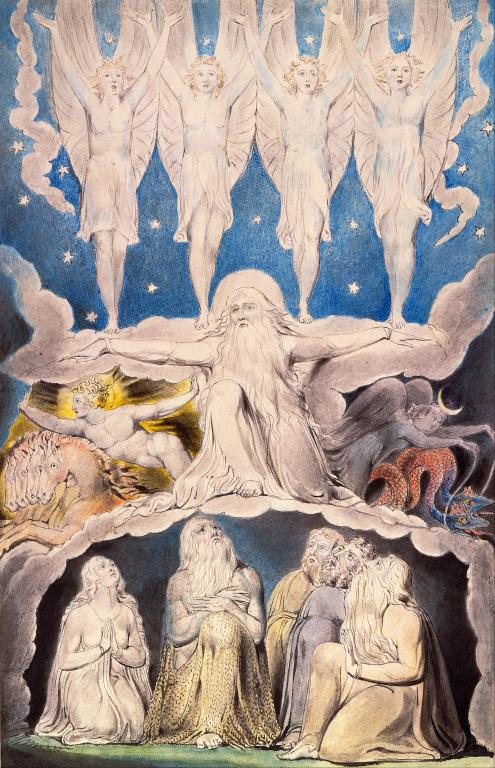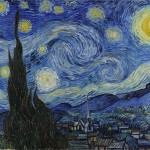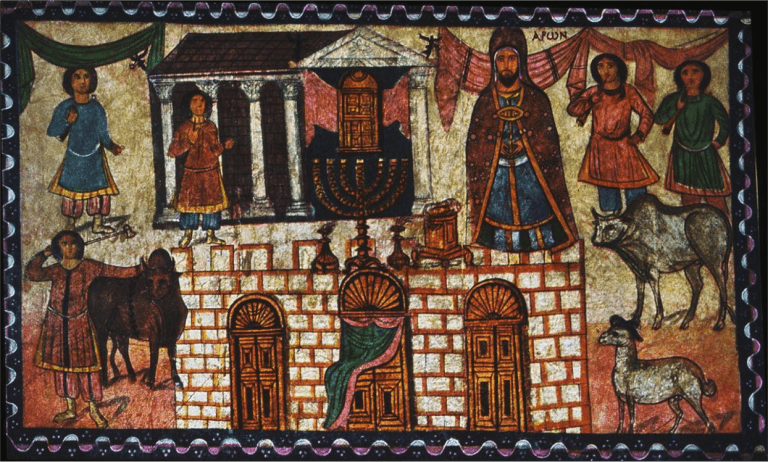David Russell Mosley
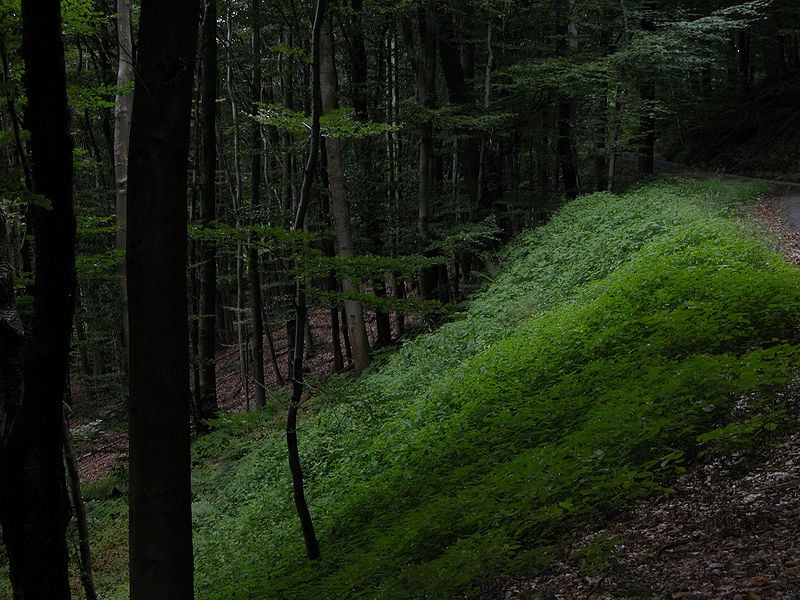
deep in the forest, St.Ingbert, Germany, Steinkopf
Date 03.08.2007
Source Own work
Author Oliver Herold
(CC BY 3.0)
Lent
25 February 2018
The Edge of Elfland
Hudson, New Hampshire
Dearest Readers,
Lately I’ve been on something of a Malcolm Guite kick. If you’re unfamiliar with him, I highly recommend checking him out. He’s an Anglican priest, a rock n’ roller/folk artist, a poet, and a theologian. A friend pointed me to Guite’s podcast and there I listened to a series of lectures he once gave on the Inklings. His talk on Barfield was particularly inspiring and caused me to finally buy Barfield’s Poetic Diction. As I’ve been reading through it and thinking on the various topics related to the Inklings, poetry, and reality an idea struck me.
You see, Barfield argues that language, that poetry can cause us to see and think with another consciousness. For Barfield, there was once a time when myths, the phenomena they explained, and the inner realities (within us) they explained were all one. When the ancients talk about Demeter and Persephone they are describing a story about death and change, as well as the phenomenon of the change of seasons, and the inner experience of those high and low moments. Now, for Barfield, poetry can help us return to these older ways not only of seeing, but of shaping reality. Language is important to Barfield, that Adam is tasked with naming all things shows that humans have a role to play in the shaping of reality.
Now, it is well established that Barfield and Lewis were close friends and that Barfield’s ideas influenced Lewis. I want to suggest that one place this can be seen is when Lucy reawakens the trees in Narnia. In Prince Caspian, the Pevensies return to Narnia after something like a thousand years since they were last there. In the mean time, Telmarines, pirates from our world, found a portal to Narnia. With their reign many of the talking beasts go dumb and the trees retreat into themselves. I don’t have my copy of PC in front of me, but I think we can link the coming of the Telmarines with their particular understanding (and thus shaping) of reality with the retreat of Narnia. Enter Lucy.
When the Pevensies do return it takes them awhile to see things rightly. Most of them can’t see Aslan for quite some time. Then, after she has seen him, Lucy has her dream where she dances once again with the Trees. I think that, and hope to further explore if, Lucy’s return with her particular understanding of language, of what the trees are, actually changes the nature of reality in Narnia. She is able to reawaken them precisely because she is connected to an older way of knowing (older in Narnia time, since it is only a year since the Pevensies were last there in our time).
Of course, there are other connections to be made between Inklings here. Tolkien’s understanding of Recovery in On Fairy-stories, is clearly connected to Barfield’s understanding of poetry, and I think one can and should connect his trees to this as well.
All of this needs more development, and I need to read more Barfield before I can begin to give concrete examples here or elsewhere. Nevertheless, I am intrigued by Barfield’s approach to language and poetry, not least because both he and Lewis seem to suggest that the work of one person can begin the reawakening process in reality.
Sincerely,
David


